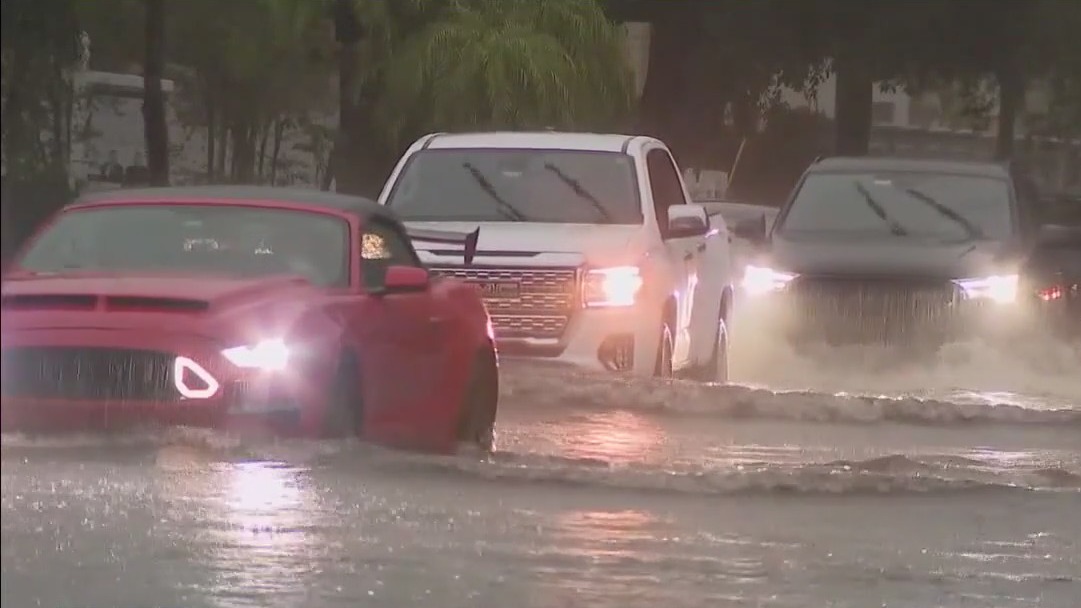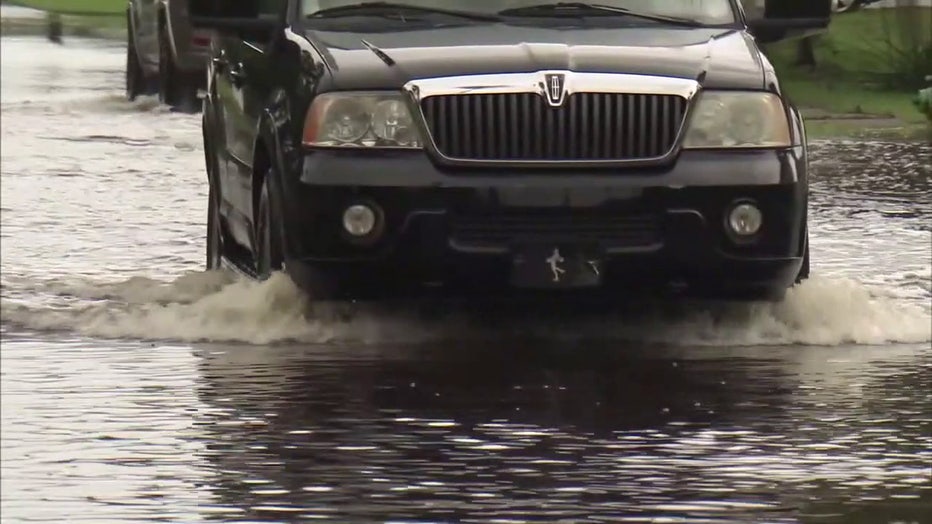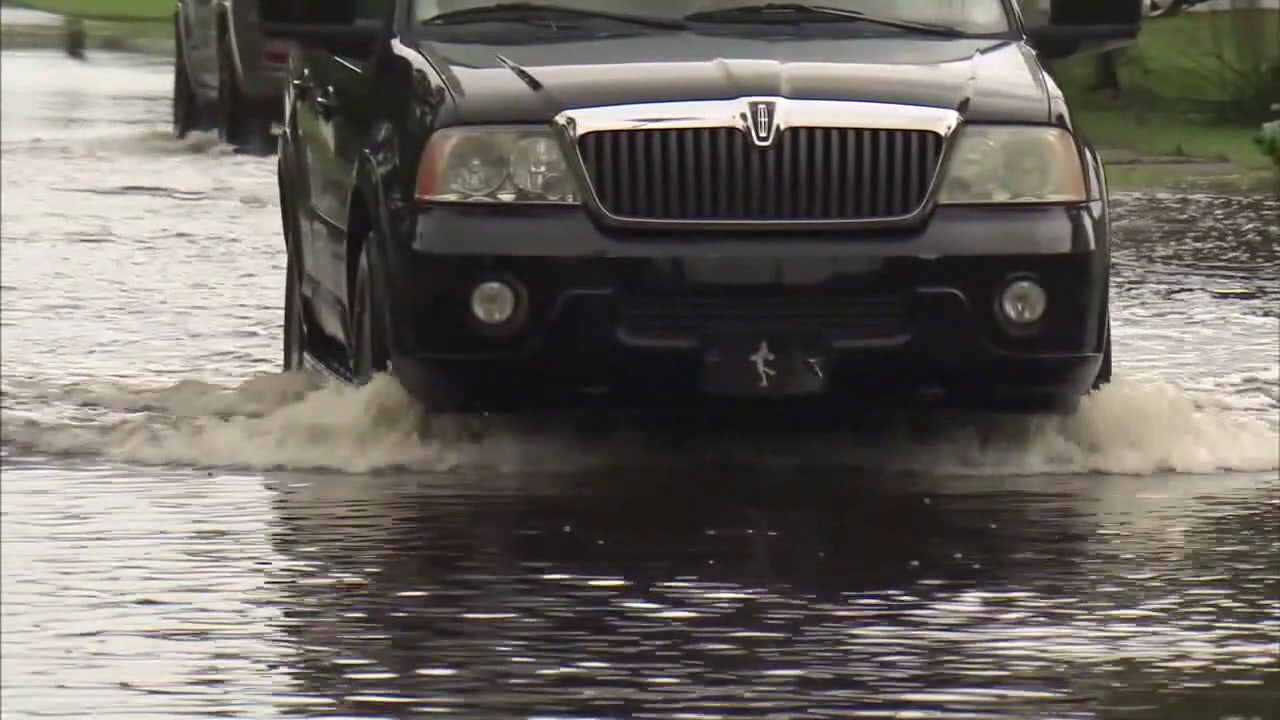
ST. PETERSBURG, Fla. – St. Pete police are warning drivers that plowing through flooded streets could cost you.
For the first time, officers have the authority to issue tickets to motorists who create damaging wakes by driving too fast through high water. The crackdown comes after local lawmakers successfully pushed a bill through Tallahassee aimed at protecting flood-prone neighborhoods statewide.
READ: Bay Area non-profit helps seniors fight loneliness through preparing for disasters
The backstory:
The calls for help started in Shore Acres, more than a decade ago. For years, homeowners in Shore Acres have watched drivers cruise through floodwaters, sending waves of water straight into their homes.
“Maybe they should just come out and stand for a moment and see the damage they caused,” said resident Tracey Colton.
Another resident added: “If you put up a wake and flood someone’s house, shame on you.”
MORE: Mixed reactions as Shores Acres awaits ‘Elevate Florida’ decisions
Why you should care:
The state law, sponsored by Rep. Linday Cross and Sen. Nick DiCeglie, gives police the ability to cite drivers who ignore no-wake zones during flood events.

“Essentially, it’s just going to give local law enforcement the tools to actually enforce folks driving through flooded waters faster than they should, whereas prior to the bill they had no way to address it,” said Sen. DiCeglie.
The law also allows cities and counties to set up slow-speed zones when flooding occurs.
Dig deeper:
At a community meeting this week, St. Pete police told neighbors they plan to put up signs warning drivers about the new law.
READ: Treasure Island LIFT program and NAMI Pinellas offering hurricane fatigue mental health classes
Officers must personally witness the violation to write a ticket, and during flood events, police are often stretched thin handling other emergencies.
St. Pete Police Assistant Chief Michael Kovacsev said the department will increase patrols when possible: “It’s difficult to address all the areas, but if it’s more isolated, people can call in, and we can either take it to.”
What you can do:
Police encouraged residents to help by documenting violations. Home surveillance cameras, phone video and damage reports can all be submitted to support a case. Citations for violating the no-wake zones will vary from county to county.
The Source: Sources for this report include interviews with state lawmakers, police and residents, a community meeting and video of the incidents.

